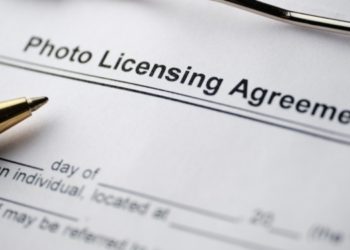Starting a business requires a lot of thought. As well as being a great idea, every successful business involves choices about structure and ensuring that legal obligations are met.
If you’re setting up a business of your own, making the right decisions now can influence how your business operates.
Starting off on the right foot now helps avoid costly surprises down the line.
Choosing the right business structure
Your business structure defines who’s legally responsible and how you’re taxed. There are some key points to be aware of.
If you choose to trade as a sole trader, you retain full control and don’t have to meet as many reporting requirements. However, you’re also personally liable for any debts. A partnership works similarly, with responsibilities and profits shared, which makes it vital to have a written partnership agreement.
A limited company is different. This separates your personal assets from your business liabilities. While this structure involves more paperwork and regulation, it can offer better tax efficiency and credibility with customers and investors.
Talk to an accountant before you decide. They can help you weigh up the implications for your income, risk exposure and long-term plans.
Registering your business and meeting legal requirements
Once you’ve settled on a structure, you need to register your business with the relevant authorities. Sole traders must register with HMRC for self-assessment, while limited companies register with Companies House and submit annual accounts.
Depending on your industry, you might also need specific licences or permits. These could range from food hygiene certificates to data protection registration with the ICO.
As legal requirements vary widely by sector, it’s important you know what you need in order to remain compliant. A good solicitor or business advisor can help you check exactly what applies to you, so you stay on the right side of the law from launch day.
Planning your finances and budgeting effectively
Good financial management starts before your first sale. You need a working budget that covers startup costs, operational expenses, tax liabilities and realistic income projections.
This is where a good business plan comes in. Your budget will factor into this and requires cost projections for the first few years of your business venture.
It’s easy to underestimate how long it takes to turn a profit, so include a buffer for the unexpected. Setting up a dedicated business bank account and using accounting software can also help you keep records clear and accurate.
Working with SME accountants who specialise in advising new businesses makes it easier to navigate tax rules, plan for VAT, and manage cash flow. Their insight often pays for itself in the long run.
Understanding marketing and customer acquisition
No matter how brilliant your product or service is, you won’t get far if people don’t know you exist. Start by defining your ideal customer. What do they need? Where do they spend their time? How can you reach them?
Building a brand involves logos, but it’s also about consistent messaging and trust. Set up a website, claim your Google Business profile and create social media accounts that suit your audience.
Digital marketing can drive early sales without needing a huge budget. Test what works, adapt quickly, and always focus on delivering real value to your customers.
David Prior
David Prior is the editor of Today News, responsible for the overall editorial strategy. He is an NCTJ-qualified journalist with over 20 years’ experience, and is also editor of the award-winning hyperlocal news title Altrincham Today. His LinkedIn profile is here.









































































